
Chinese Military in Turmoil as Top Official Fired Amid Power Struggles in CCP Leadership
Beijing is facing another upheaval in its military ranks as Adm. Miao Hua, a high-ranking member of China’s Central Military Commission (CMC), has been suspended and placed under investigation. The announcement, made by China’s defense ministry on November 28, follows the ousting of two defense ministers earlier this year, signaling deepening internal strife within the Chinese Communist Party (CCP).
Adm. Miao, a close ally of President Xi Jinping and a member of the CMC since 2017, was responsible for political indoctrination within the military. Analysts suggest his fall from grace could stem from both internal CCP factionalism and Xi’s diminishing authority in a military increasingly resistant to his policies.
Signs of Political and Military Infighting
Since Xi took power in 2012, seven members of the CMC—the elite body overseeing the People’s Liberation Army (PLA)—have been dismissed, often under allegations of corruption. Experts argue these purges reflect Xi’s attempts to consolidate control rather than genuine efforts to root out misconduct.
Xi’s aggressive push for military readiness to reclaim Taiwan by force has reportedly met with widespread resistance within the PLA. Military insiders have voiced concerns that such a move would provoke a devastating conflict with the United States, for which the PLA feels unprepared.
The suspension of Adm. Miao comes on the heels of Defense Minister Li Shangfu’s removal in October and his predecessor Wei Fenghe’s dismissal earlier this year. Both were accused of corruption, but political loyalty—or lack thereof—has been cited as the underlying issue.
The Xi-Zhang Divide
A growing rift between Xi and CMC Vice Chairman Zhang Youxia, one of the most influential figures in the Chinese military, is also shaping the current power struggle. Zhang, a longtime ally of Xi, is reportedly at odds with the CCP leader over Taiwan strategy and military governance. Observers suggest Adm. Miao’s removal may be Zhang’s attempt to weaken Xi’s influence within the PLA.
“Xi’s military purges are part of his broader strategy to tighten control, but they also reveal his precarious grip on power,” said Tang Jingyuan, a political commentator.
Economic and Political Implications
Beyond the military, Xi faces a broader erosion of authority. His hardline policies, including a three-year pandemic lockdown and stringent economic measures, have stifled China’s recovery despite stimulus packages worth $2 trillion.
The CCP’s recent shift back to “democratic centralism,” after years of Xi’s centralized control, has been interpreted as a retreat from his dominance. At a September Party celebration, retired CCP elders were seated in positions of prominence, overshadowing current Politburo members—a visible sign of internal compromise.
What’s Next for Xi and China?
Some analysts believe Xi might face calls to step down from key leadership roles while retaining a ceremonial presidency. Others predict he will fight to retain military power. Rumors of potential civil unrest or even a return to a “warlord era,” marked by regional military control, underscore the growing instability.
If Xi seeks to regain control, experts warn he may resort to extreme measures, including a risky invasion of Taiwan—a move that could ignite broader conflict and spell disaster for his regime.
“Xi’s power crisis is a tipping point,” said China expert Yuan Hongbing. “His gamble for control, domestically and internationally, may determine not only his fate but the future of the CCP itself.”
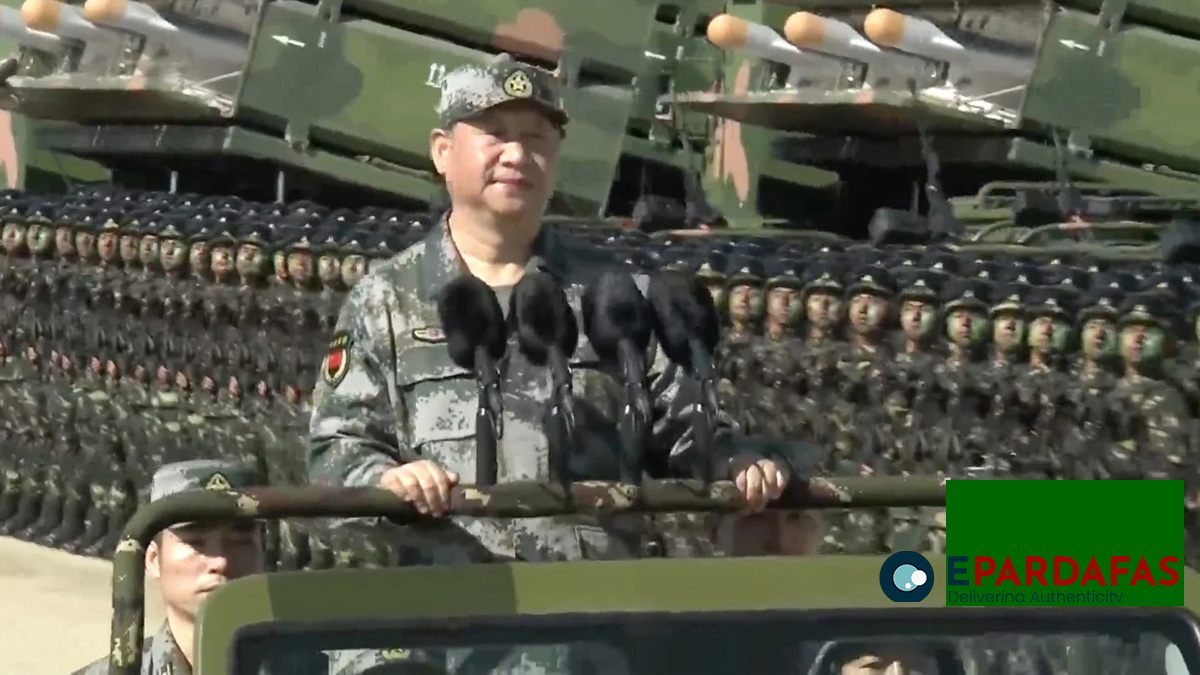
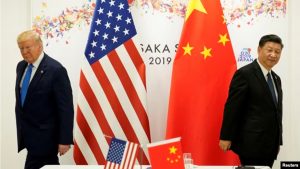

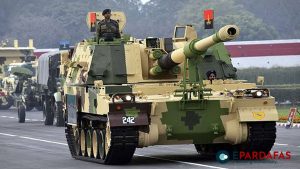
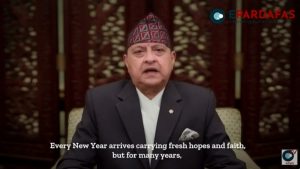

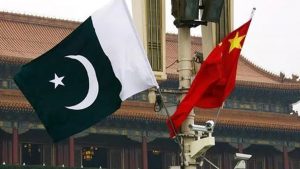



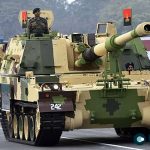

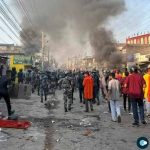
Comments